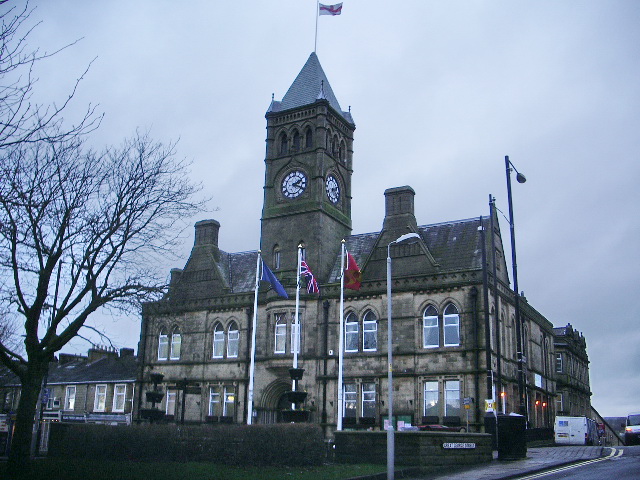|
Mary Taft
Mary Taft (; 12 August 1772 – 26 March 1851) was a British Wesleyan Methodist Church (Great Britain), Wesleyan Methodist preacher. Her work was supported by many, including her husband, but in 1803, the Methodist conference objected. She took little notice. In 1799, she said that one day "the wonder will then be that the exertions of pious females to bring souls to Christ should ever have been opposed or obstructed." Life Taft was born in Colne to John and Mary Barritt in 1772. Her mother was a Methodist; her father was not a Christian. The parents had seven children, five of them boys. One of the boys, John Barritt, became a preacher and he encouraged Mary in her ambitions, despite the senior John Barritt's objections. She spoke on his preaching circuit. By 1791 she was an enthusiastic Methodist who would attend prayer meetings. The superintendent minister objected to her exhortations but he backtracked when he witnessed the effects it was having. Her skills were recognised an ... [...More Info...] [...Related Items...] OR: [Wikipedia] [Google] [Baidu] |
Colne
Colne () is a market town and civil parish in the Borough of Pendle in Lancashire, England. Located northeast of Nelson, north-east of Burnley, east of Preston and west of Leeds. The town should not be confused with the unrelated Colne Valley around the River Colne near Huddersfield in West Yorkshire. Colne is close to the southern entrance to the Aire Gap, the lowest crossing of the Pennine watershed. The M65 terminates west of the town and from here two main roads take traffic onwards towards the Yorkshire towns of Skipton (A56) and Keighley (A6068). Colne railway station is the terminus of the East Lancashire railway line. Colne adjoins the Pendle parishes of Foulridge, Laneshaw Bridge, Trawden Forest, Nelson, Barrowford and Blacko. History Settlement in the area can be traced back to the Stone Age. A Mesolithic camp site, a Bronze Age burial site and stone tools from the Bronze and Stone Ages have been discovered at nearby Trawden. There are also the remains of an I ... [...More Info...] [...Related Items...] OR: [Wikipedia] [Google] [Baidu] |

